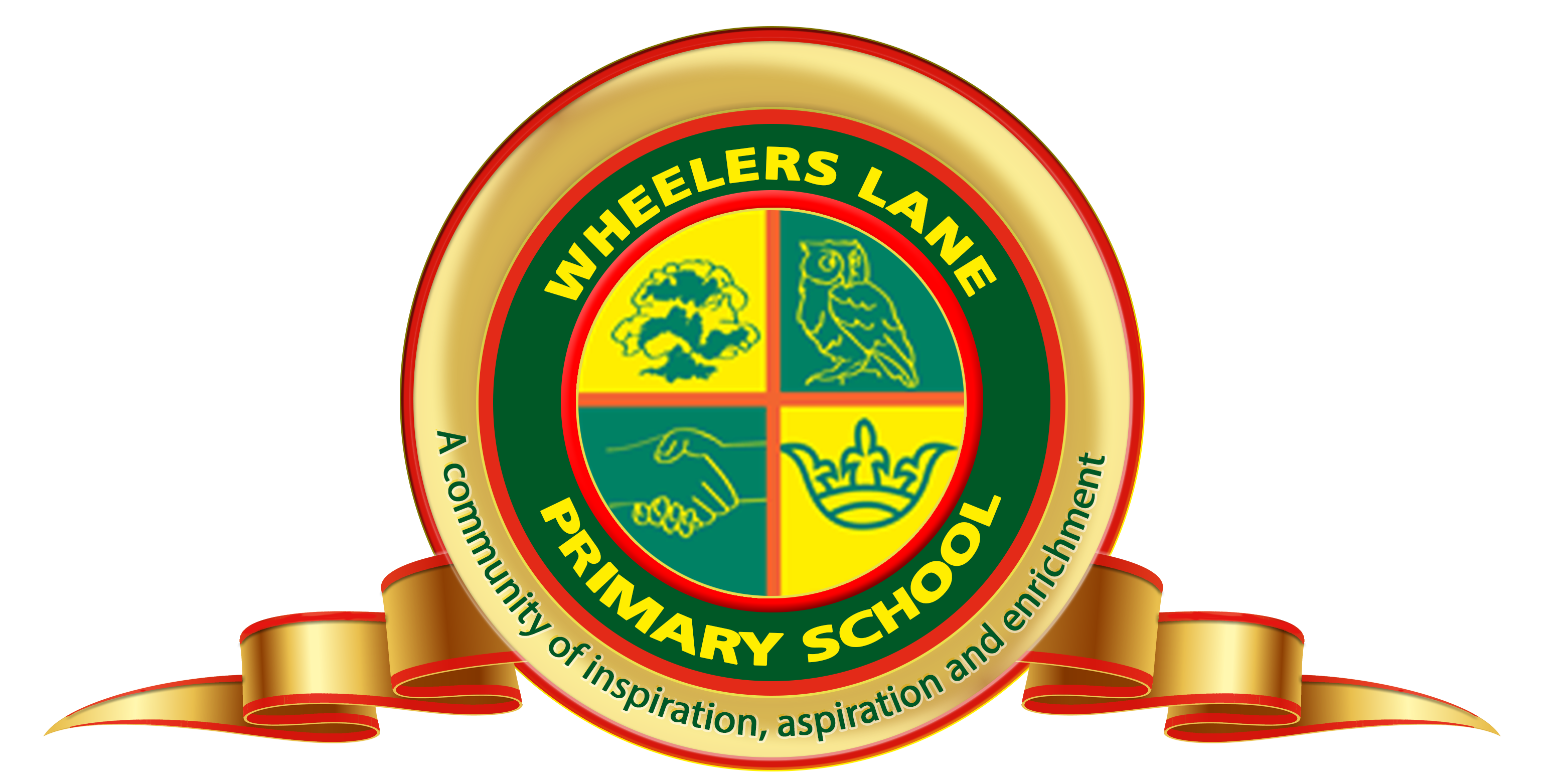PSHE
At Wheelers Lane Primary school, our inclusive PSHE curriculum enables limitless learning. We facilitate this through developing our children’s positive well-being, knowledge and skills. Thus enabling them to make
informed decisions, manage risks, recognise potential barriers and have the resilience to overcome them.
Children’s values, rights and respect for themselves and each other and forging positive relationships is at the heart of our curriculum. We share our similarities and celebrate our differences within our diverse community. We aim to help them understand how they are developing personally and socially and to stimulate, challenge and nurture their moral, social and cultural curiosity. We are passionate about empowering our children to develop their understanding, skills and attitudes that will equip them to confidently lead healthy, safe lives and be responsible citizens now and in the future of our ever-changing world.
PSHE is taught discretely every week for at least ½ hour but is also taught where appropriate through other areas of the curriculum. Our PSHE curriculum is taught by class teachers to ensure consistency and to ensure positive relationships are developed.
Circle time is also used as a key opportunity for children and their teachers to develop positive relationships and to promote self -awareness and self-esteem.
Carefully structured lessons are taught to ensure depth and progression. As part of our PSHE curriculum, children will have many opportunities to make implicit links with The Unicef rights of a child Articles, British Values and safeguarding. These areas are also woven throughout other areas of the curriculum.
Every classroom will display the Unicef Rights and British Values poster and these will be referred to where appropriate in lessons.
A PSHE lesson at WLPS:
Circle time is also used as a key opportunity for children and their teachers to develop positive relationships and to promote self -awareness and self-esteem.
Carefully structured lessons are taught to ensure depth and progression. As part of our PSHE curriculum, children will have many opportunities to make implicit links with The Unicef rights of a child Articles, British Values and safeguarding. These areas are also woven throughout other areas of the curriculum.
Every classroom will display the Unicef Rights and British Values poster and these will be referred to where appropriate in lessons.
A PSHE lesson at WLPS:
Each unit of work will start with a pre-assessment which will be put into books. Teachers will use these to gauge the starting point (in terms of knowledge, skills, understanding, attitudes, values and beliefs).
These will be followed up by a post evaluation at the end of the unit. This will also be seen in books. Children will use assessment statements to help them articulate their learning.
Ground rules for discussions will be set with class and teacher and referred back to when necessary.
At the start of each lesson, teachers will if appropriate refer back to previous learning and if necessary revisit ground rules.
Children will record the L.O in books and know the Unicef Right that this covers.
Children will engage in a wide variety of activities to cover the skills and attitudes including drama, group discussions, visitor talks, picture or video stimulus and mindmapping.
In Key stage 2, children will also have the opportunity to take part in KiVa lessons. KiVa stands for against bullying or anti bullying. The programme is a model funded by the Finnish ministry of education and developed by the University of Turku in order to reduce school bullying. Research has shown that the KiVa programme has supported a reduction of bullying and an increase of well-being at school. Please see the KiVa leaflet (accessed via our web page) for more information.
Through the teaching of our PSHE curriculum, children will:
Through the teaching of our PSHE curriculum, children will:
Enjoy and engage in well planned and delivered PSHE activities. They will understand UNICEF Rights, British Values, Safeguarding and how these are all relevant to their lives.
Develop vital life skills and attributes including: resilience, tolerance, conflict resolution, regulating emotions, time-management, self-belief and the ability to work together.
Know how to keep themselves both physically and mentally safe. Have positive attitudes and high aspirations.
